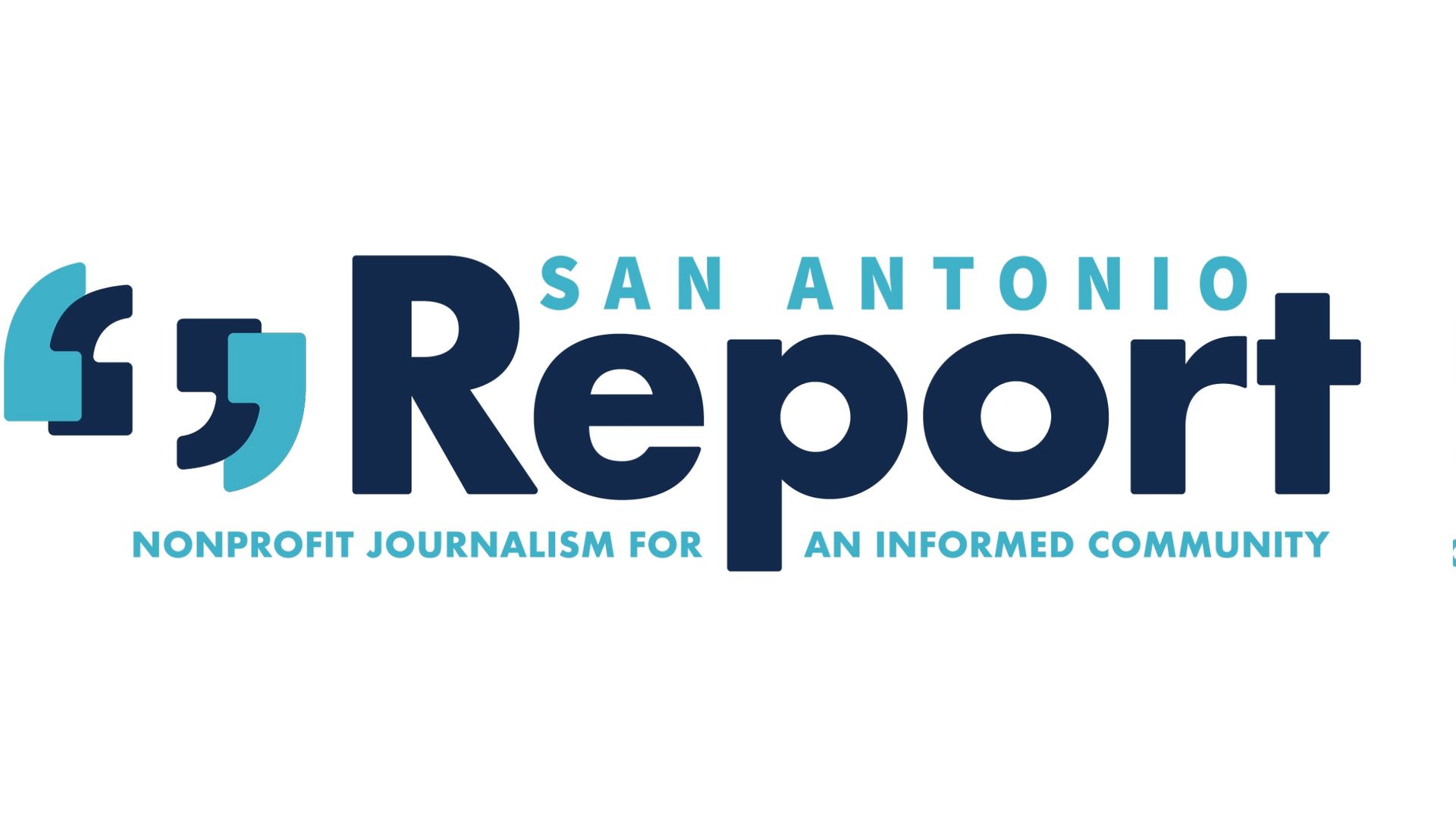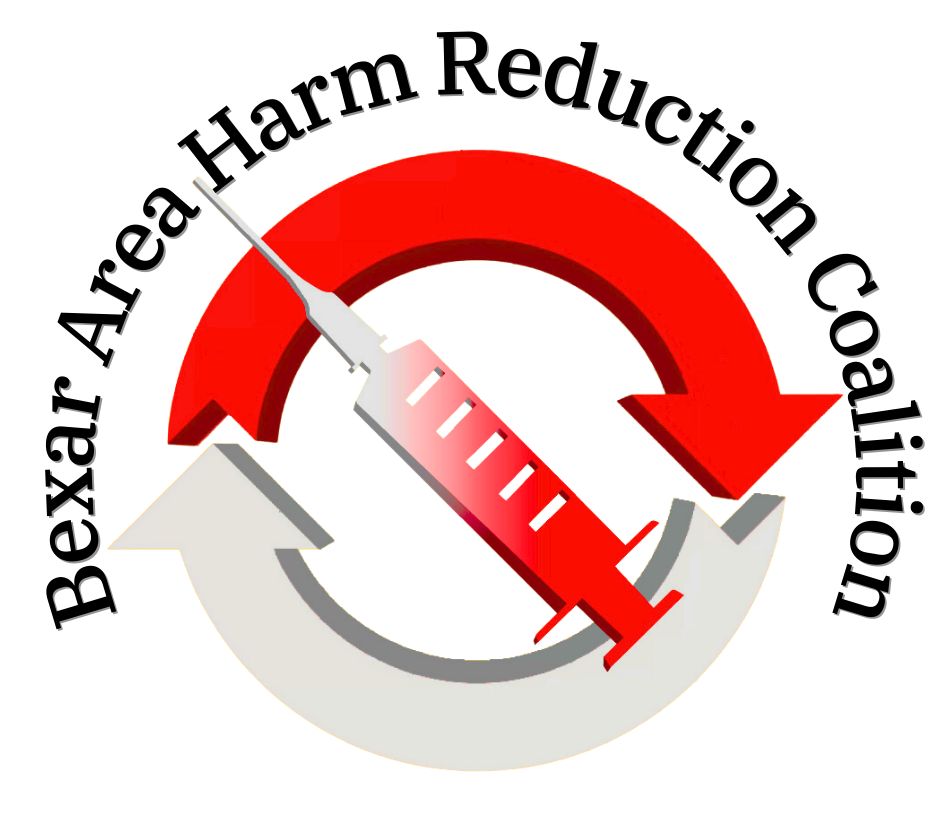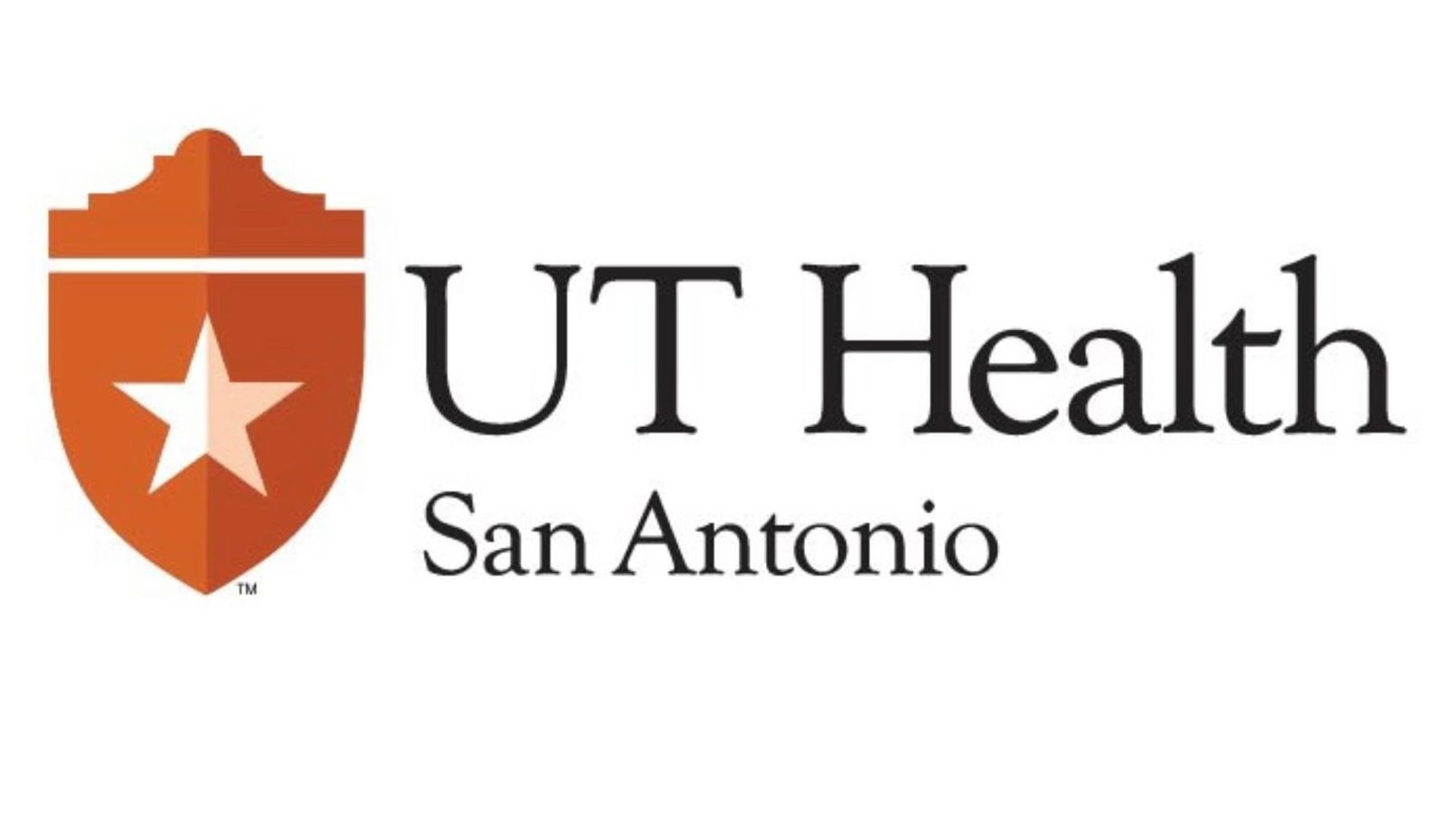
The Bexar Area Harms Reduction Coalition traces its origins back to its inception as an outgrowth of the Texas Department of Health HIV/STD Community Planning Coalition in the year 2003. Initially conceived as a branch of the aforementioned coalition, it eventually evolved into an independent entity, establishing itself as a registered 501(c)(3) non-profit organization. With a steadfast commitment to making a positive impact, the coalition relies solely on the support of private grants, operating with utmost transparency and integrity.

The Bexar Area Harm Reduction Coalition (BAHRC) is dedicated to offering compassionate and voluntary health interventions to support individuals facing drug-related challenges. By providing interventions that aim to reduce HIV and Hepatitis, the organization strives to safeguard human life and contribute to the well-being of the entire community while alleviating the strain on health services.
What Makes BAHRC
See some common questions and answers below.
Featured News Articles

San Antonio Report
”Needle exchange programs are rare in Texas. A San Antonio group is proving they can work”




